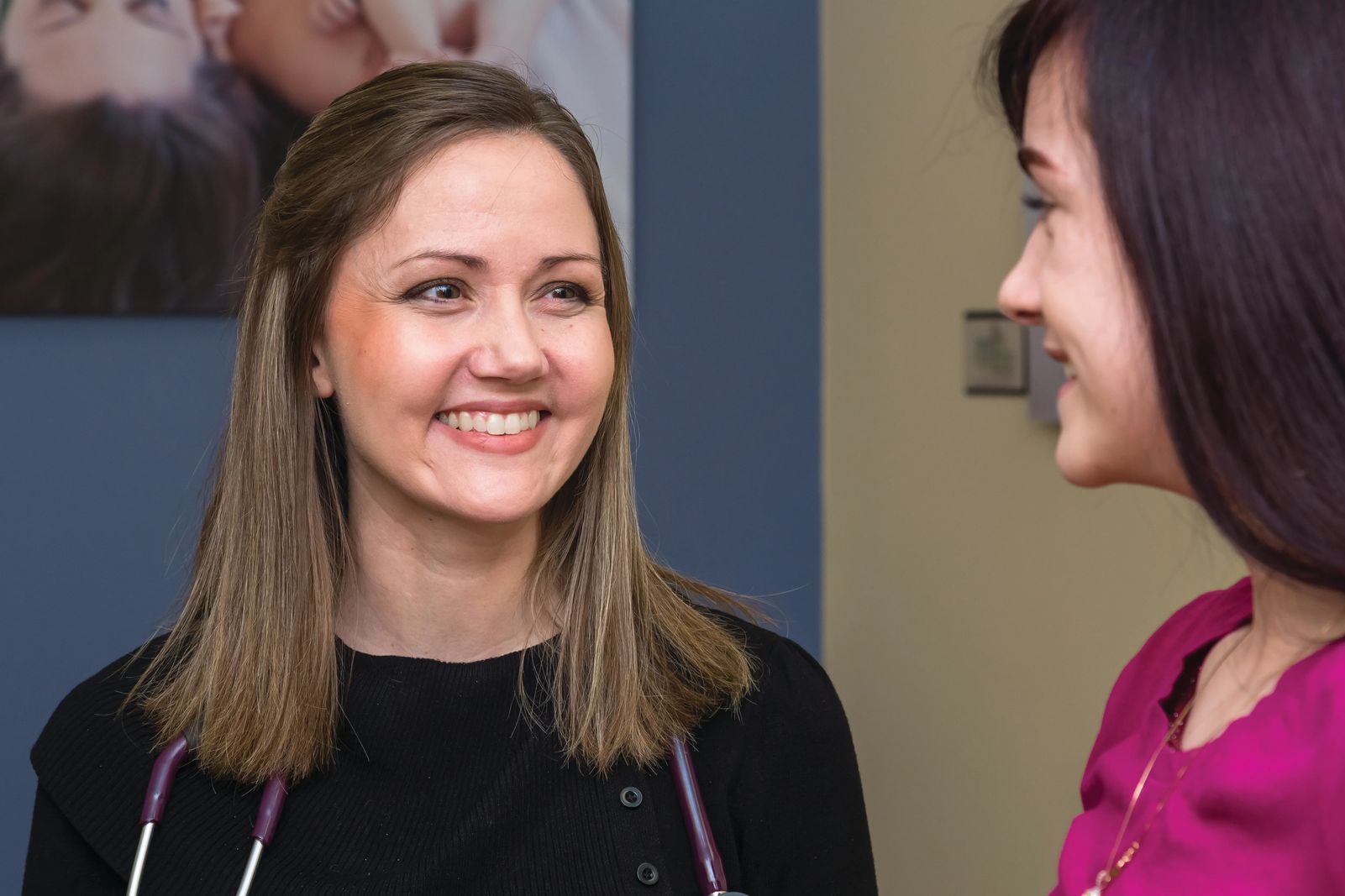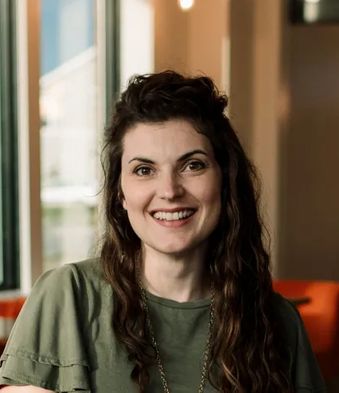
Addressing the Youth Mental Health Crisis with Comprehensive Care
August 2024
by Jessica Renstrom
Our nation's youth are in a mental health crisis. In October 2021, the American Academy of Pediatrics (AAP), the American Academy of Child and Adolescent Psychiatry (AACAP), and the Children's Hospital Association (CHA) issued a joint declaration of a National State of Emergency in Children's Mental Health, stating: "Rates of childhood mental health concerns and suicide rose steadily between 2010 and 2020 and by 2018 suicide was the second leading cause of death for youth ages 10-24." This gut-wrenching crisis affects youth nationwide, including those within our local community.
In response to this crisis, the Children's Clinic has taken some major steps to adapt its services and better support patients and their families. The Children's Clinic began integrating behavioral health into its primary care work in 2022 and hired a psychiatric mental health nurse practitioner to add expert knowledge in managing mental health medications. Two years later, in April 2024, the Children's Clinic expanded its behavioral healthcare for kids by launching a Collaborative Care Management (CoCM) program.
"CoCM is one of the most researched and effective integrated behavioral health models," states Danny Zimmerman, Clinic Administrator for the Children's Clinic of Billings. "The work we're doing is proven through over 80 peer-reviewed studies to help kids more and help them faster." CoCM aims to provide patients with comprehensive, evidence-based care by adding a behavioral health care manager and a licensed therapist to work alongside pediatric providers and the psychiatric nurse practitioner.
Within the CoCM program, a patient's care manager constantly communicates with parents, performs additional screenings as needed, and coordinates with therapists, school counselors, and community service providers. Patients and their families meet with a licensed therapist to learn new evidence-based behavioral health interventions. "These interventions may be teaching skills to help kids manage their depression and anxiety, parenting tips to work through their child's behavioral issues, or exposure therapy to overcome needle phobia so kids can get appropriate childhood immunizations successfully," explains Danny.
Patients who need medication also benefit from the expertise of a psychiatric provider who specializes in medication plans and management. "Even if patients don't see the psychiatric nurse practitioner directly," states Danny, "the team-based approach of CoCM means patients' treatment plans involve all members of our behavioral health team weighing in through weekly case reviews."
The CoCM program's holistic approach is proving to be a successful model in improving youth mental health. "Research has shown that integrated behavioral healthcare and CoCM improve outcomes for patients, improve access to behavioral health services, and improve patients' experiences," states Danny. The statistics and data below, shared by the Children's Clinic, help illustrate these improvements:
● Youth receiving integrated behavioral healthcare are 66% more likely to have a better outcome than usual care.
● Adolescents treated for depression in CoCM demonstrate 50% symptom improvement in 12 months (vs. 20% improvement in usual care).
● Children ages 5+ with behavior concerns, ADHD, and anxiety in CoCM show higher rates of treatment completion, improvements in behavioral problems, and improved parental stress.
● In CoCM, 75% of those needing behavioral health services receive care within six months compared to 25% of patients in a traditional system.
● Patients feel more supported because a team is working to address their unique needs. Patients are active participants in decision-making alongside the team.
● CoCM reduces emergency room usage for mental health concerns.
So, what should you do if you suspect your child may be struggling? A great next step is to talk to your child's pediatric provider about your concerns.
"You're not alone in helping manage your child's mental health, and if your child is struggling, they aren't alone in experiencing what they are feeling," encourages Danny. "Even if you're unsure whether your child needs help, it doesn't hurt to dig in a little bit. There is little downside to having trained healthcare professionals helping you check in on your child's mental health, even if the conclusion is that they do not need additional resources now. However, given the number of youths reporting mental health concerns and the number of youths experiencing suicidality, the risk of not reaching out is much worse. Mental health IS health. Reaching out for support helps teach your kids that they should care for their mental health in the same way that we teach kids to eat right and exercise to care for their physical health and to brush their teeth to care for their dental health."
With support from both the Montana Healthcare Foundation and Accelerate the Future, the Children's Clinic will continue to invest in our community's youth. "We're excited to be able to lean in with families even further now to help manage and improve their kids' mental health."
Originally printed in the August 2024 issue of Simply Local Magazine
Check this article out in the digital issue of Simply Local here!

